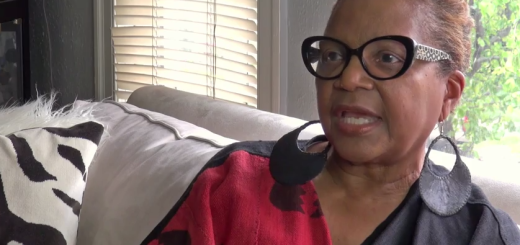Voting and Alzheimer’s disease
 The season to vote is here again! November 4 has been designated as the day we fulfill our rights as citizens of the United States and cast our voices to the vote. But what about those living with Alzheimer’s or another form of dementia? Surely, they too have a right to vote? Many caregivers have pondered this question. We hope to shed some light on the topic.
The season to vote is here again! November 4 has been designated as the day we fulfill our rights as citizens of the United States and cast our voices to the vote. But what about those living with Alzheimer’s or another form of dementia? Surely, they too have a right to vote? Many caregivers have pondered this question. We hope to shed some light on the topic.
In 2003, a group of Alzheimer’s researchers, Constitutional scholars, geriatricians, gerontologists, and philosophers gathered together to explore the questions surrounding specifically dementia and voting. Here are a few things that were concluded in their discussion:
- There is no valid test to determine when a person reaches the point of incapacity to vote.
- Under no circumstance is it legal to have a proxy to cast the vote of another person.
- Two conditions must be present for a person to vote: 1) the voter understands what they are doing, such as choosing between candidates, and 2) the voter understands that the person who wins received the most votes and takes office.
With this background, the choice is left to you as a caregiver or family member to determine the person’s capability to formulate a voting decision. It is an individual and personal decision that only you can make. Consider the following points to guide you through your decision making:
- Was the person politically active in the past? Was voting important to the person?
- Can the person explain their opinion in a way that exhibits an understanding and comprehension of the question and decision?
- Has the person expressed a desire to vote?
While assisting the person to vote, consider utilizing these tips in the process:
- Request to have a mail-in ballot so the person can take time and fill out the ballot in a comfortable, familiar place.
- Ask the person one or two questions at a time, so as not to overwhelm them.
- Explain questions and ask the for the person’s decision multiple times. For example, ask the same question several times in a week to see if you get the same answer. Some physician’s use this technique when asking about medical decisions and they find that the person almost always answers the question the same way even when they can’t remember their original answer or that they were ever asked that question.
- Be supportive but avoid helping out too much with filling out the ballot.

















